In recent weeks Ed Balls has been offering a new reason to vote Labour: it was his party, he says, that saved Britain from joining the euro. Now, the shadow chancellor is free to say what he wants — and in a way, I’m pleased that he feels the need to convey such an impression.
Already a subscriber? Log in
Subscribe for just $2 a week
Try a month of The Spectator Australia absolutely free and without commitment. Not only that but – if you choose to continue – you’ll pay just $2 a week for your first year.
- Unlimited access to spectator.com.au and app
- The weekly edition on the Spectator Australia app
- Spectator podcasts and newsletters
- Full access to spectator.co.uk
Or
Unlock this article
Zac Goldsmith is the Conservative MP for Richmond Park, and a former owner and editor of the Ecologist.
You might disagree with half of it, but you’ll enjoy reading all of it. Try your first month for free, then just $2 a week for the remainder of your first year.

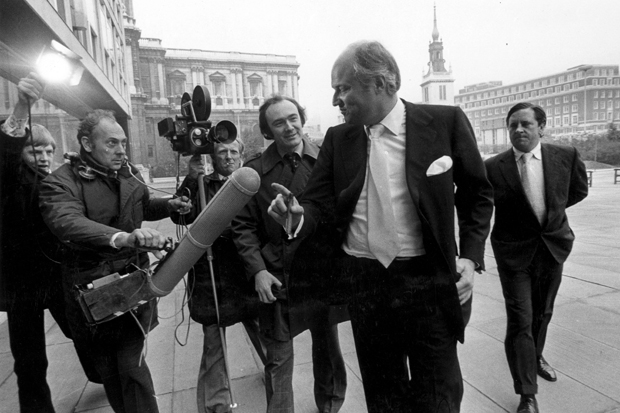
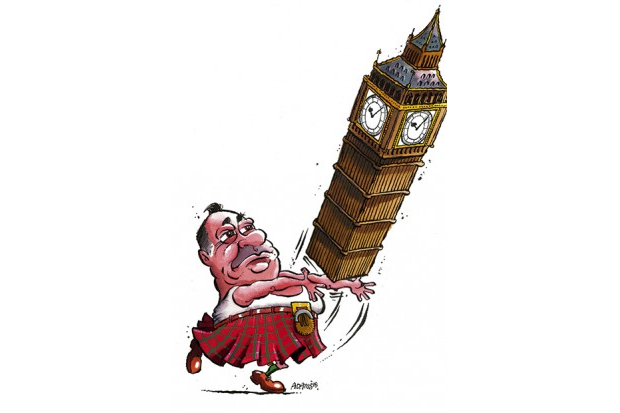
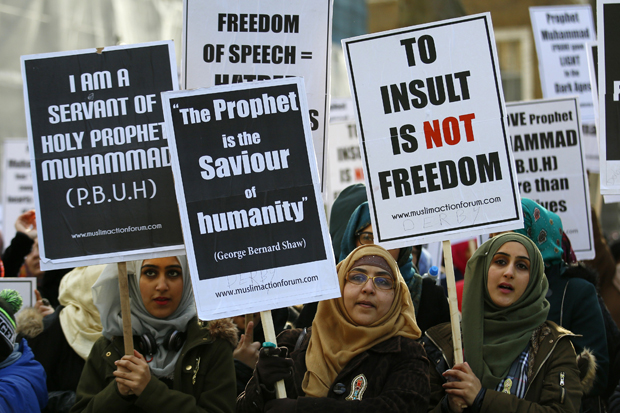
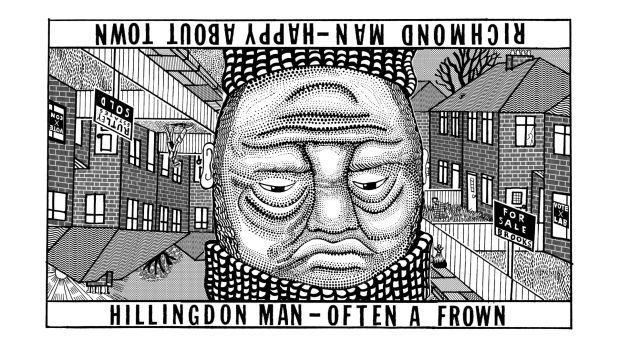


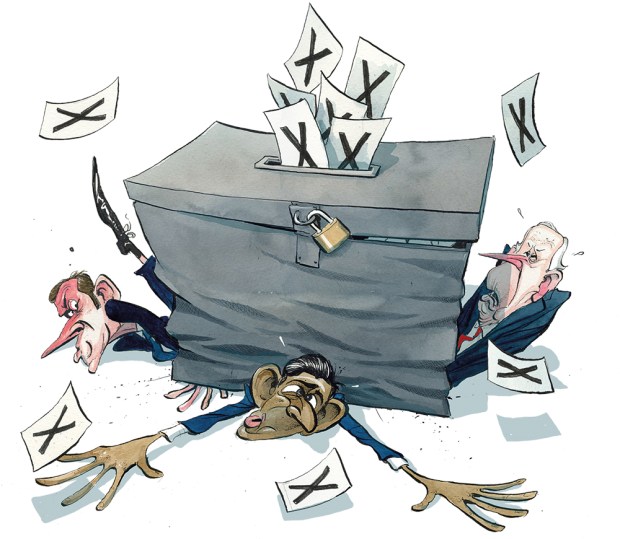






Comments
Don't miss out
Join the conversation with other Spectator Australia readers. Subscribe to leave a comment.
SUBSCRIBEAlready a subscriber? Log in